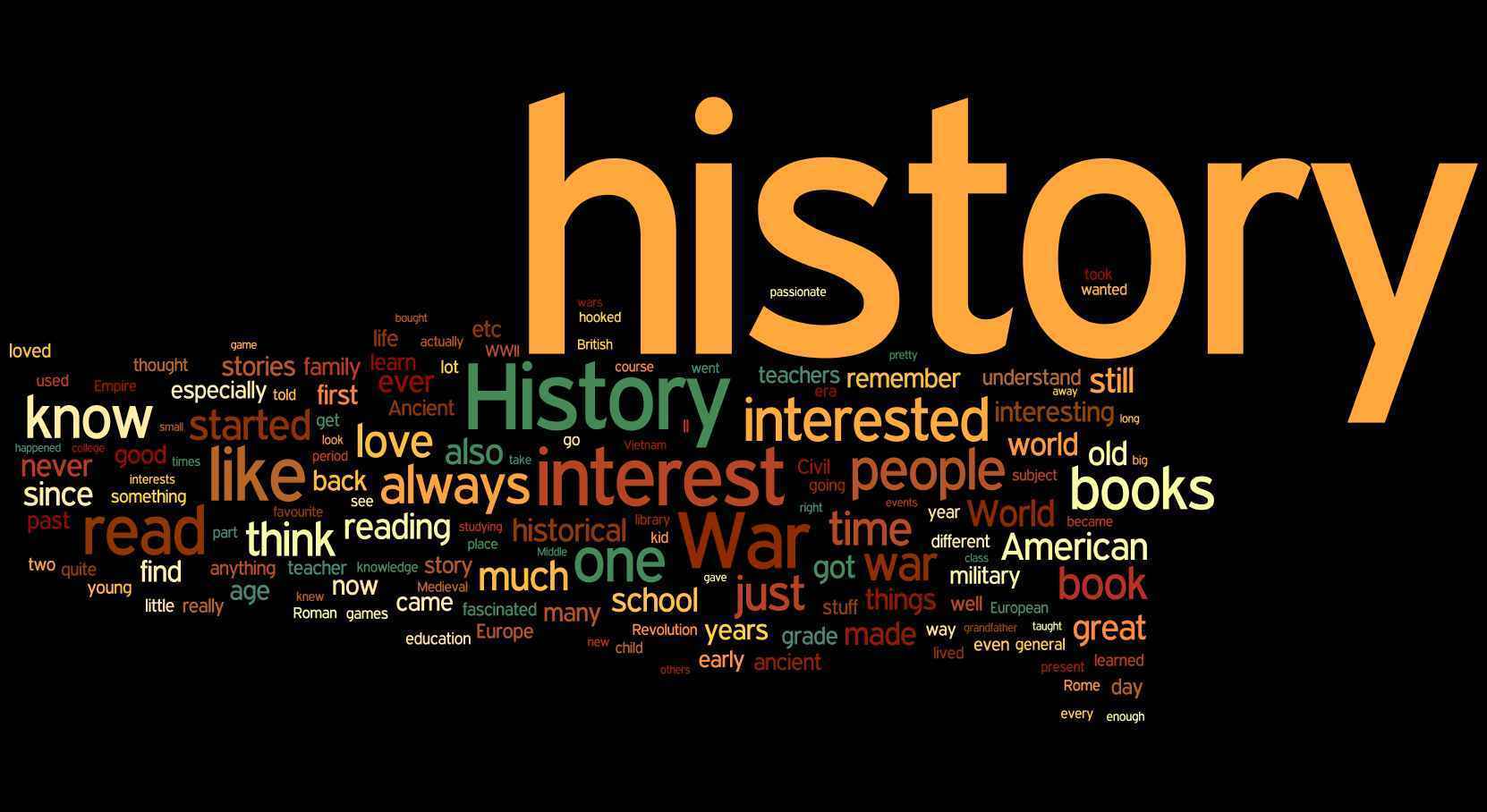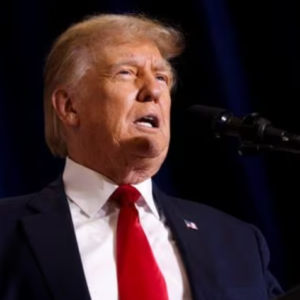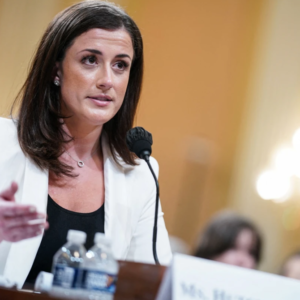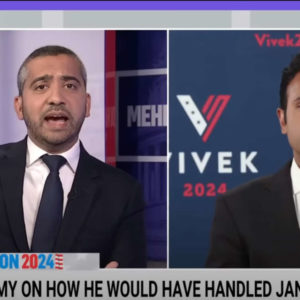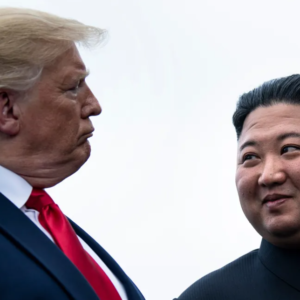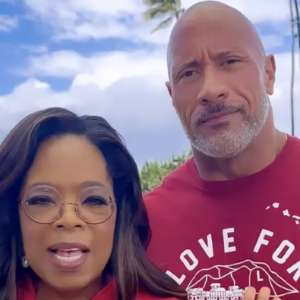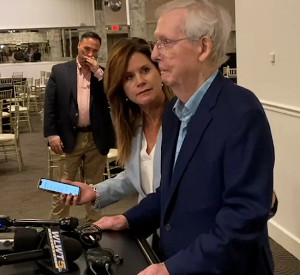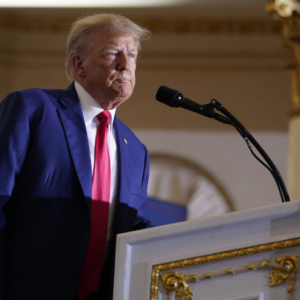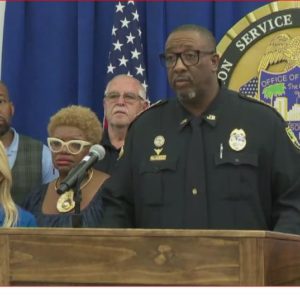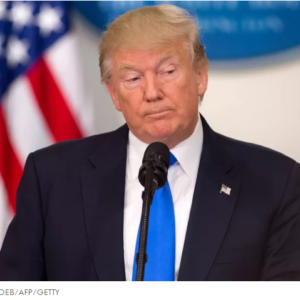New school years always bring new challenges for children, parents and teachers. This school year, though, promises to be much trickier, because we are now debating United States History.
Remember history? That’s the class that isn’t tested at the end of the year by the great national testing monopoly, Pearson. The PARCC tests focus on non-fiction readings, which allows for more use of historical documents on the test, but there’s no real history or context that a student has to master in order to answer the questions.
For decades we’ve focused on language arts and mathematics as the key components of K-12 education, relentlessly testing students in those subjects. And what has your school district likely spent a good deal of money on over the last few years? STEM (Science, Technology, Engineering, Mathematics) or STEAM (ibid., but add Arts). Coding classes are now part of the curriculum in many states as required business and personal finance courses. They get lots of press. And, yes, United States History is required in all states, but far too many of them require only one year of it. And with no summary test, save for a final exam at the end of the class, history has lost a good deal of influence in the curriculum.
We are now paying the price.
As this new school year begins, teachers will be asked to address the explosive issues that are daily in the media concerning our history and what it means. How should we treat Confederate statues and monuments? What place do hate groups such as the KKK and the American Nazi Party have in a country with a strong First Amendment? What should we do about immigration and children who were brought here by undocumented parents? And of course, we seem to be debating President Trump’s behavior, tweets and spur-of-the-moment policy declarations on a minute-by-minute basis, not to mention his speculative knowledge of historical events.
This is the environment in which America’s school teachers must operate this academic year. We are the ones who will be the first point of contact for many children who are feeling the anxiety and divisiveness that has taken hold in our society. Remember that as much as any adult is trying to make sense of what’s happening in our society, children experience these events on a magnified scale. They have less of the emotional regulation necessary to confront explosive debates that adults have and they have little context by which to weigh the consequences of what they’re learning. Great teachers recognize these deficits and conduct their classes so as to support students, to teach them civil behavior, to make sure students respect differences, and to calmly appeal to their students’ intelligence, humanity, and sense of justice.
Of course, some would argue that if teachers had done this in the past, then we wouldn’t be at this place in our history where there is so much disagreement and division. This would be a tragic conclusion. Did any of your teachers teach you to hate? To insult your classmates? To steal? To plagiarize? Of course not.
The simple truth is that teachers can only be as effective as the communities in which we teach, and if a community, or the country, is dysfunctional, then that will be reflected in the schools. We see students for only a portion of the day. The media, social and otherwise, takes over from there. Together with parents, teachers can only plant the seeds of knowledge; society and common sense have to do the rest.
That’s why this school year will be more of a challenge than most years, but I have no doubt that America’s school teachers will do their best, keep their emotions in check, teach from the heart and the head, advocate for every one of their students, and proudly represent themselves as doing one of the most important and difficult jobs in this country.
I wish all of my fellow teachers a happy new school year full of joy and wonder. May we learn as much about our students as they learn from us.
For more, go to www.facebook.com/WhereDemocracyLives or Twitter @rigrundfest
